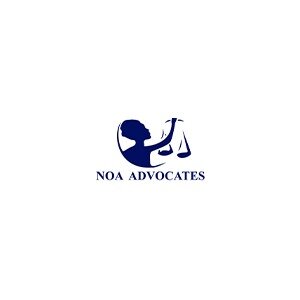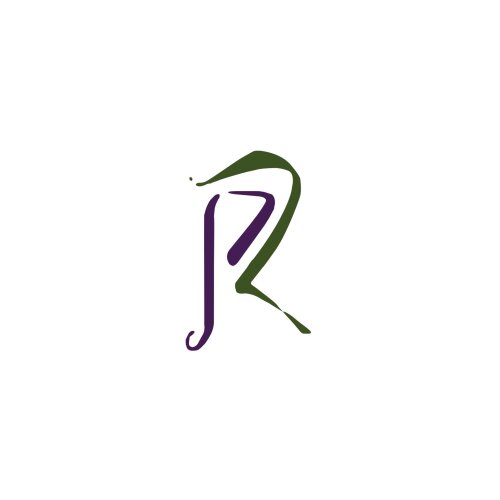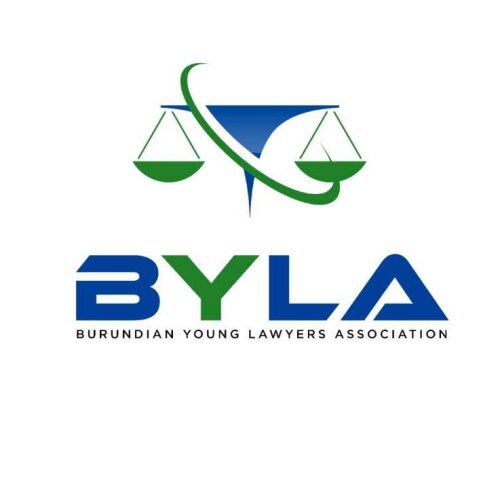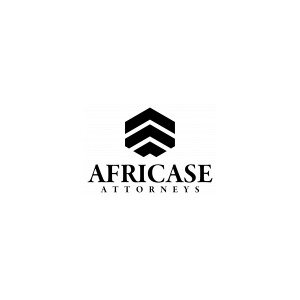Best FDA Law Lawyers in Burundi
Share your needs with us, get contacted by law firms.
Free. Takes 2 min.
Or refine your search by selecting a city:
List of the best lawyers in Burundi
About FDA Law in Burundi
FDA Law in Burundi refers to the legal and regulatory framework that governs the approval, importation, production, distribution, labeling, and sale of food, drugs, and medical devices within the country. The purpose of these laws is to protect public health by ensuring that products are safe, effective, and properly labeled. The regulatory responsibilities are primarily managed by relevant government ministries, often including the Ministry of Public Health and the Ministry of Commerce, in coordination with national standards and quality control agencies.
Why You May Need a Lawyer
Seeking legal assistance in matters related to FDA Law can be crucial in various situations. You may need a lawyer if you are:
- Starting a business that imports, exports, manufactures, or sells food, pharmaceuticals, or medical devices
- Facing government inspections, investigations, or enforcement actions regarding compliance with food or drug regulations
- Dealing with product recalls, safety alerts, or accusations of distributing unsafe or counterfeit products
- Involved in a dispute over patents, trademarks, or copyrights related to pharmaceutical products
- Preparing or defending license applications for food or drug-related businesses
- Challenging regulatory decisions, such as the refusal of product registration or licensing
- Seeking legal clarity on labeling, packaging, or marketing claims for regulated products
Local Laws Overview
In Burundi, FDA Law is shaped by national statutes, ministerial regulations, and international obligations, particularly as a member of the East African Community. Key aspects include:
- Registration: Food and drug products must generally be approved and registered with the appropriate regulatory body before they can be imported, marketed, or sold in Burundi.
- Licensing: Businesses dealing with food, pharmaceuticals, or medical devices must obtain the required licenses to operate legally.
- Labeling and Packaging: Products must meet strict requirements regarding labeling, including accurate ingredient lists, expiration dates, batch numbers, and country of origin.
- Quality Control: Regular inspections and testing are carried out by governmental agencies to ensure product safety and efficacy.
- Import and Export Controls: Special permissions and licenses may be needed for the import and export of controlled substances, drugs, and certain food items.
- Advertising: The promotion and marketing of food and drug products are regulated to prevent false or misleading claims.
- Enforcement: Violations can lead to penalties including fines, business closure, seizure of goods, and criminal prosecution.
Frequently Asked Questions
What government agency regulates food and drugs in Burundi?
In Burundi, regulation of food and drugs primarily falls under the Ministry of Public Health, sometimes in cooperation with the Ministry of Commerce and the national standards agency.
Do I need a license to import or sell pharmaceuticals in Burundi?
Yes, a special license is required to import, distribute, or sell pharmaceuticals in Burundi. Both the business and its products must be registered with the relevant authority.
Can I market herbal or traditional medicines without registration?
No, all therapeutic products including herbal or traditional medicines must be registered and approved by the relevant regulatory body before being marketed.
What are the consequences of selling unregistered food or drug products?
Selling unregistered or counterfeit products can lead to serious consequences such as fines, seizure of products, closure of the business, and criminal charges.
Are there specific labeling requirements for foods and medicines?
Yes, both foods and medicines must comply with labeling laws, which require clear identification of the product, ingredients, expiration date, batch number, and more. Mislabeling can result in product seizures.
How do I get a product registered for sale in Burundi?
You must submit an application with supporting documentation, often including safety and efficacy data, to the relevant authority. The process may involve laboratory evaluations and payment of administrative fees.
What are the procedures for product recalls in Burundi?
If a product is found to be unsafe or noncompliant, the regulatory agency may initiate a recall. Businesses are responsible for cooperating with authorities to remove the product from the market and notify affected parties.
Are imports of food and drugs subject to special controls?
Yes, importing food and drugs requires special permits and is subject to inspection at the border. Products without proper approval may be refused entry or destroyed.
How can a business challenge a regulatory decision?
A business can appeal adverse decisions, such as license denials or product rejections, through administrative channels or the courts with the assistance of a qualified lawyer.
Is compliance training available for businesses in the food and drug sectors?
Training opportunities are occasionally provided by regulatory bodies, industry associations, and legal consultancies to help businesses stay compliant and informed about changes in the law.
Additional Resources
If you need more information or assistance regarding FDA Law in Burundi, consider reaching out to the following organizations:
- Ministry of Public Health (Ministère de la Santé Publique): Main regulatory body for medicines and health products
- Ministry of Commerce, Transport, Industry and Tourism: Regulatory oversight for food products
- Burundi Bureau of Standards (Bureau Burundais de Normalisation): Standardization and quality control
- Pharmacy Council of Burundi: Licensing and regulation of pharmacists and pharmacy outlets
- Local legal aid organizations and business chambers: Guidance on regulatory compliance and dispute resolution
Next Steps
If you believe you need legal assistance in matters related to FDA Law in Burundi, consider the following steps:
- Gather relevant documentation including business registrations, product information, labeling details, and any correspondence with regulators
- Contact a qualified lawyer or legal adviser with experience in food and drug law in Burundi
- Clearly outline your specific concerns or objectives, whether related to compliance, licensing, disputes, or enforcement actions
- In urgent cases, such as product seizures or legal notices, seek legal advice as soon as possible to protect your rights and interests
- Consider attending industry seminars, workshops, or training sessions on regulatory compliance
Having knowledgeable legal support can help navigate the complexities of FDA Law in Burundi, prevent costly mistakes, and ensure your business or interests comply fully with national and international obligations.
Lawzana helps you find the best lawyers and law firms in Burundi through a curated and pre-screened list of qualified legal professionals. Our platform offers rankings and detailed profiles of attorneys and law firms, allowing you to compare based on practice areas, including FDA Law, experience, and client feedback.
Each profile includes a description of the firm's areas of practice, client reviews, team members and partners, year of establishment, spoken languages, office locations, contact information, social media presence, and any published articles or resources. Most firms on our platform speak English and are experienced in both local and international legal matters.
Get a quote from top-rated law firms in Burundi — quickly, securely, and without unnecessary hassle.
Disclaimer:
The information provided on this page is for general informational purposes only and does not constitute legal advice. While we strive to ensure the accuracy and relevance of the content, legal information may change over time, and interpretations of the law can vary. You should always consult with a qualified legal professional for advice specific to your situation.
We disclaim all liability for actions taken or not taken based on the content of this page. If you believe any information is incorrect or outdated, please contact us, and we will review and update it where appropriate.
Browse fda law law firms by city in Burundi
Refine your search by selecting a city.












